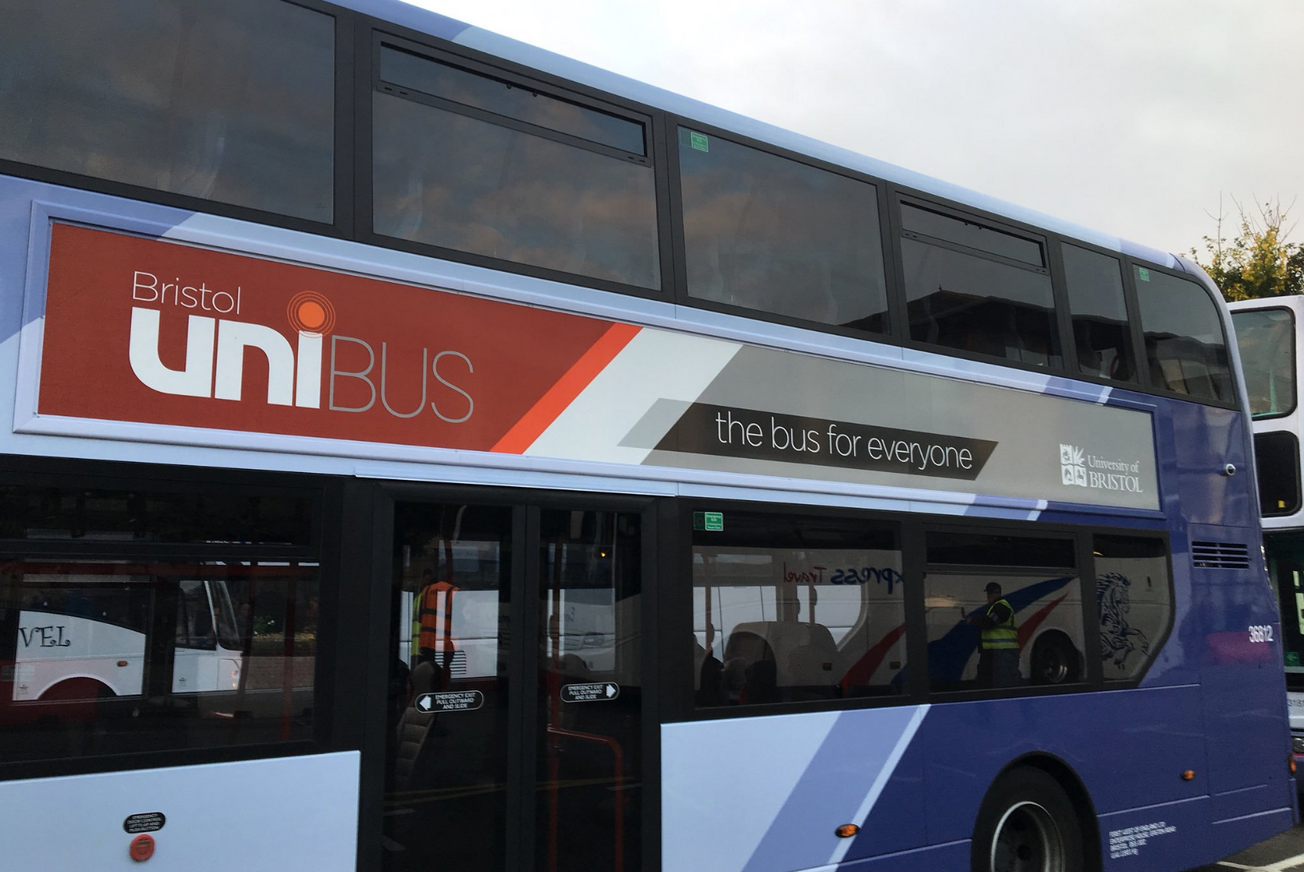Epigram is an independent and neutral newspaper, aiming to publish opinions from across the student body. To respond with an opposing opinion, please contact comment@epigram.org.uk or join our writers group
James Cleaver argues that Jeremy Corbyn's "sensible" promise of free bus passes puts them politically ahead of the Conservatives' minority government.
On 11th April, Labour announced that it would provide free bus travel to all people under the age of 25.
In a speech made at this policy's launch, Jeremy Corbyn correctly identified that young people have been among the hardest hit since the 2008 recession. Higher house prices, stagnant wages, less secure work and the rising costs of travel were all cited, problems that all students can identify with. In contrast, pensioners have been relatively well protected by the Coalition and Conservative governments, with the triple lock pension plan ensuring that pensions will rise at a minimum of 2.5% per year.
Typically following the launch of any policy, the Conservatives and Labour clashed on its costing and effectiveness. Labour's estimates put the cost at £1.4bn per year at the end of a five-year Parliament, drawn from the £6.7bn collected in road tax.
"It's quite a sensible proposal"
The Conservatives claimed it would cost £13bn pa to implement such a policy, although Labour has pointed out that those sums assume every single person under 25 in the UK would use the bus 10 times a week. While the actual cost will probably be somewhere in between these two figures, whatever is spent on this policy isn't going to turn this country into Stalinist Russia or trigger a recession, as appears to be the reaction of some members of the Conservative Party to any increase in public spending.
Jeremy Corbyn wants to give under-25s free bus passes https://t.co/POcJEmZNbv pic.twitter.com/LeRAcW5wqY
— The Independent (@Independent) April 12, 2018
In terms of effectiveness, it's quite a sensible proposal. Only local authorities who bring bus services back into public ownership, or tender franchises, would be able to offer free bus travel. The deregulation of bus services hasn't proved a success; 70 million fewer journeys were made in March 2016 - March 2017, compared to March 2015 - March 2016, ticket prices are rising, and the taxpayer still subsidises 42% of the costs of local bus services. Given the enormous cost of train travel, buses are increasingly popular ways to travel between cities, and give greater coverage of local areas than trains could ever hope to. It's not inconceivable that a more effective bus service, aided by Labour's £250bn National Transformation Fund to pay for road building, could revitalise bus travel and actually generate profits.
Attracting the youth vote has proved fertile political ground for Labour under Corbyn, whose promise to abolish tuition fees proved popular among young voters at the 2017 General Election. Although the British Election Survey calculated that there wasn't a massive increase in 18 to 24-year olds voting in the last General Election, of the young who did vote, around three times as many votes were cast for Labour than the Conservatives.
However, the true genius of this policy is that it puts the Tories in a difficult position. Politics is all about optics and the Conservatives' opposition to this policy helps feed the narrative that they don't care about young people as much as the Labour Party. It's a similar story with tuition fees, they just can't beat Labour's offers to young people. How many under-25s, who are politically motivated by tuition fees, are going to switch their votes to the Conservatives if they promise to cut tuition fees (they've actually frozen them at a maximum of £9,250 pa for now), when Labour's promised to abolish them entirely?
this policy has relatively promising practical implications, and excellent political ones for Labour"
The Tory MP for Braintree, James Cleverly, a man who disproves the existence of nominative determinism, was quick to fire back, tweeting: "And remember, kids, when it comes to elections Labour think you're an adult at 16, when it comes to bus travel you're not an adult until 25." Quite why he thought this would be an intelligent thing to tweet when the Tories recently announced a railcard for 26 to 30-year olds (a tacit admission of the problems of expensive public transport for the young) and oversee a system in which the minimum wage is lower for under-25s than it is for 'adult' over-25s is anyone's guess.
Today, we're proud to announce that the next Labour government will give under-25s across the country free bus travel.
— Jeremy Corbyn (@jeremycorbyn) April 12, 2018
Young people deserve a break and this could help up to 13 million under-25s save as much as £1,000 a year.https://t.co/q18UOXXSlg
Either way, this policy has relatively promising practical implications, and excellent political ones for Labour. The Conservative Party's wafer-thin majority has prevented the proposal of any radical solutions to any of the country's major problems in this Parliament, while Labour's time in opposition has given them the freedom to come up with several attractive and sometimes even sensible policies. With the Tories constantly reacting against Labour policies rather than proactively putting forward their own arguments, they risk falling behind in the policy debate.
Featured image: Twitter / @homecountiesbus
By James Cleaver








